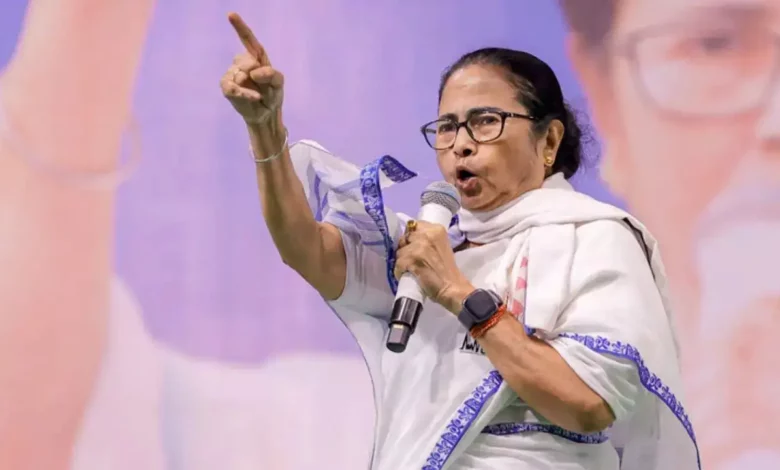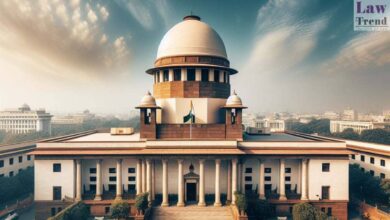
Tensions are rising in several areas of Murshidabad district in north Bengal following violent protests against the Waqf Amendment Act. The unrest has resulted in three fatalities and approximately 150 arrests connected to the clashes.
Here are the key developments surrounding this significant issue:
- Protests Erupt: Murshidabad has been at the center of unrest following the Parliament’s passage of the Waqf Amendment Bill, which proposes critical changes to the management of Waqf properties nationwide.
- Affected Areas: The unrest has primarily impacted regions such as Suti, Dhulian, Samserganj, and Jangipur. Authorities have implemented prohibitory orders to prevent large gatherings and maintain order.
- High Court Intervention: The Calcutta High Court has mandated the deployment of central forces to restore peace, describing the situation as “grave and volatile.” The court emphasized that constitutional bodies must act decisively when public safety is at risk.
- Appeal for Calm: Chief Minister Mamata Banerjee has urged citizens to remain calm, asserting that the unrest is being fueled by those seeking to disrupt societal harmony. She reiterated that her party does not support the controversial Waqf Amendment Act and placed responsibility for the law on the central government.
- Opposition Claims: Suvendu Adhikari, the Leader of the Opposition in the Bengal Assembly, has claimed that over 400 Hindus have been displaced due to the violence. He accused the ruling Trinamool Congress (TMC) of fostering an environment that emboldens radical elements.
- Governor’s Concern: Bengal Governor CV Ananda Bose expressed his apprehension regarding the violence and praised the High Court’s timely intervention.
- Violence Timeline: The unrest began on April 8 when protesters clashed with police, resulting in stone-throwing incidents and the torching of police vehicles. Prior to this, extensive protests against the new law occurred in various parts of the state, including Kolkata.
- Police Response: West Bengal DGP Rajeev Kumar stated that the state government has instructed police to take a firm stance against hooliganism. He noted that the protests escalated from demonstrations to the destruction of public property, eventually taking on a communal dimension.
- Political Implications: The violence poses a significant challenge for Chief Minister Mamata Banerjee as she prepares for the upcoming Assembly elections, seeking a fourth consecutive term.
- Ongoing Protests: The situation is further complicated by ongoing protests from over 26,000 teachers whose appointments were annulled by the Supreme Court due to serious irregularities in the hiring process.



